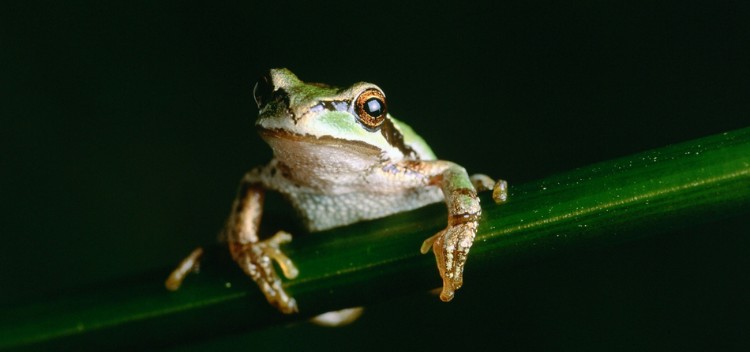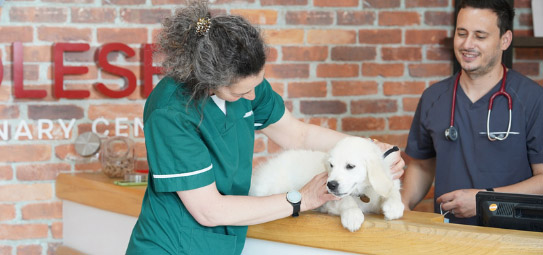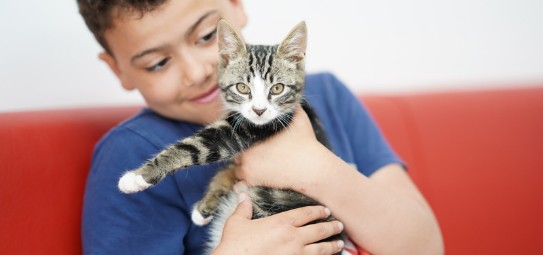
How to care for your amphibian
If you’ve been searching for an ‘amphibian vet near me’, look no further. We’re happy to provide amphibian consultations at Molesey Vets. From frogs and toads, to newts and salamanders, your amphibian Vet can offer advice, consultations and treatment to a range of amphibian pets. Find out more about what our amphibian Vets can do for your pet at our veterinary surgery. Read about the types of consultations we can offer your amphibian.
Book an amphibian vet consultation
Amphibians are a fascinating class of animals, which includes frogs, toads, newts and salamanders. Did you know that there are over 6,000 different species. The species most commonly kept as pets and seen at the clinic include African clawed frogs (Xenopus species), White tree frogs (Litoria caerulea) and Ornate frogs (Ceratophrys species). Many children have kept tadpoles and watched them grow and change into little frogs before setting them free.
An important point to understand about amphibians is that although they are lumped with reptiles as “herptiles”, actually they are not that similar. In general terms, amphibians are unable to cope with husbandry problems compared to their reptilian counterparts. Amphibians are sensitive creatures, so they cannot tolerate temperature changes, water balance problems and environmental poisons due to the permeable and sensitive nature of their skin.
Also, don’t forget to collect your Molesey Card – our free loyalty card which gives you 1% back on everything you spend with us! The Molesey Card lets you collect points that can be redeemed against our services. We even give you 500 points (=£5) to get you started! Remember, it’s completely free to join, so ask at reception for more details when you arrive – learn more.
Amphibians are generally not easy pets to keep as they have exceptionally specific needs. They generally do best when housed in a natural vivarium or tank based on the natural environment and history of the species.
Unfortunately, households do keep ornate frogs in a simple glass bowl, but this is not fair to them as it is a very empty and boring environment.
The water quality of the vivarium or tank is very important, and must be kept and free of toxins. Do not fill up with tap water as this contains chlorine which can lead to skin damage. Water PH, salinity and water hardness will vary according to the species, as will the temperature and lighting requirements.
Most amphibians are very sensitive to overheating, and they do not like temperatures changing too quickly. In their natural habitats, most live in or near rivers and lakes where the seasons slowly change over the course of the year.
Most species of amphibian are carnivores and insectivores, so it can be particularly hard to source the appropriate live food, especially when they are very small.
Most amphibians are quite greedy and will gulp up food, which has two problems:
- Firstly, they can quickly become overweight.
- Secondly, they can eat the smaller stones in their enclosure
Please remember that the skin of amphibians is extremely sensitive: you can injure them just by touching the. When cleaning their cage, or bringing them into the surgery, you should always wear gloves. With their new home, make sure there are no rough textures or sharp points as this can also lead to injure.
Amphibians can contract skin disease very easily. This is due to their very sensitive skin and the difficulty of keeping the water quality perfect. It can be very hard to medicate a slippery frog so the best way to prevent disease is by making sure the husbandry is correct.
Both amphibians and reptiles can carry the salmonella bacteria in the gut. These animals won’t show the symptoms of the bacteria, but humans, especially children, can become quite sick if they become infected. As we said, it’s important to wear gloves when handling your pet, and teach children “best practice” when it comes to pet hygiene.
If you would like more advice on caring for amphibians, contact our friendly team who will be happy to help.





